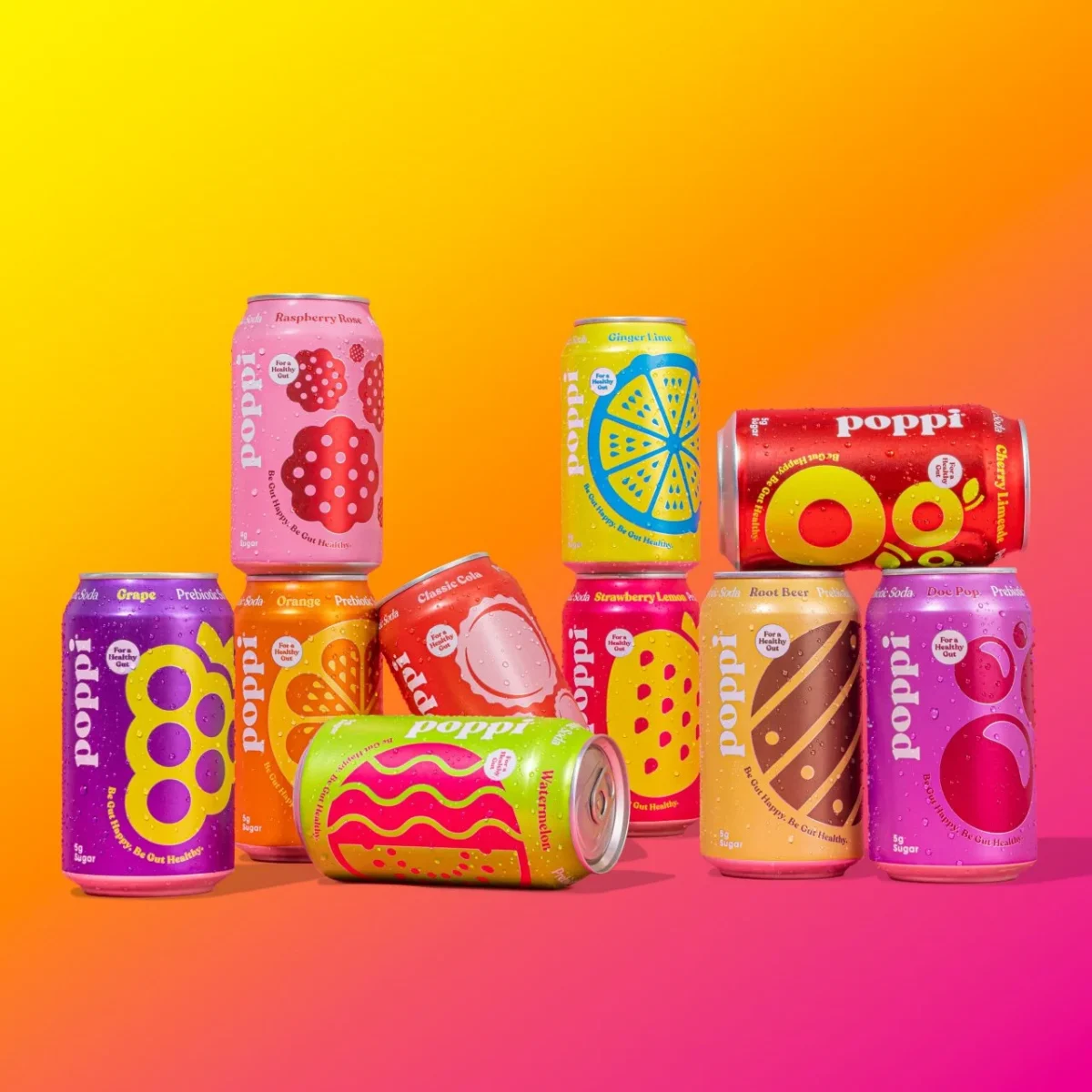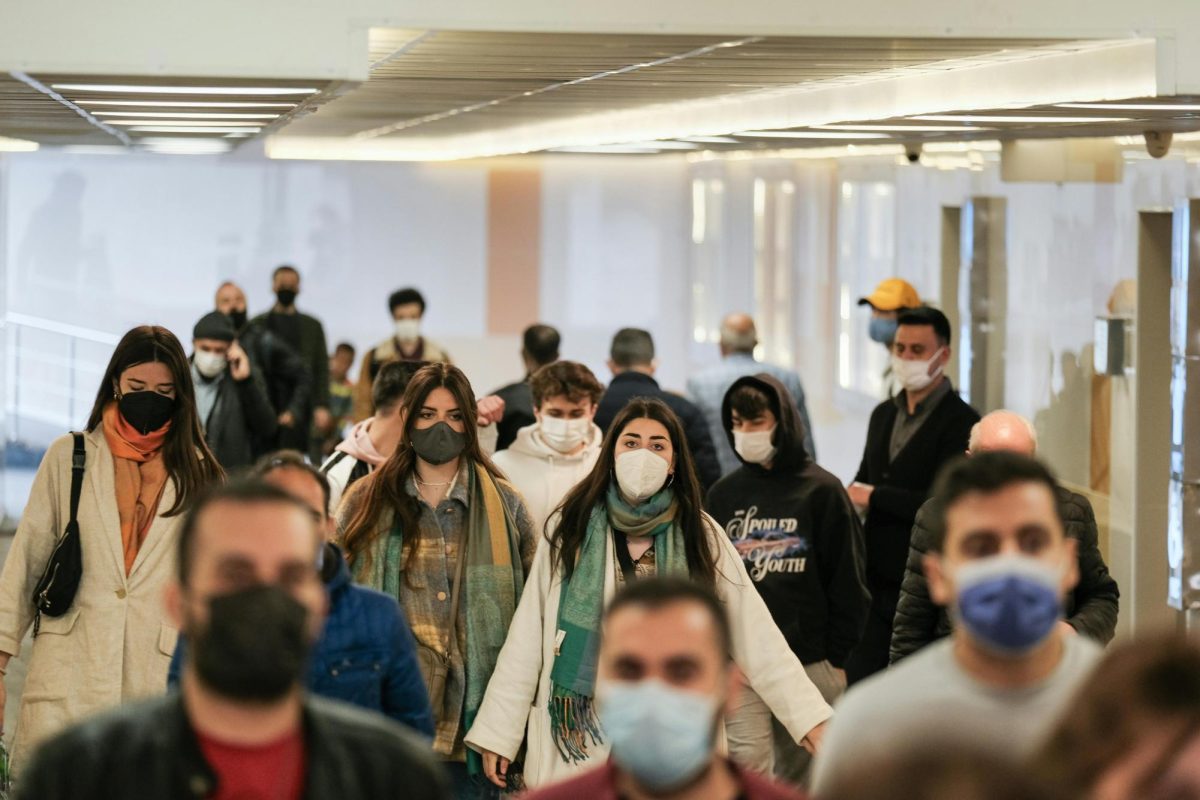Fungi could help solve plastic crisis.
The fungus, known as Aspergillus tubingensis, can break down plastics such as polyester polyurethane. This will reduce the air pollution given off from the plastics decomposing. These plastics take years to break down, but with the addition of fungi it could be cut down to weeks. Fungi is already contributing to medicine and food.
There are around 350 species of fungi that are eaten as food, scientists say. The data that the fungal kingdom is phenomenal.
“Their ability to play both Dr. Jekyll and Mr. Hyde roles within their environments is unparalleled. For example the fungal kingdom includes yeast, which been used for over 9,000 years to ferment food and drink, but also includes some of the most economically damaging pathogens threatening food security and natural ecosystems,” director of science at Kew, Kathy Willis said.
Around 150 million tons of plastic are already floating in our oceans, with an addition of eight million tons entering the water each year, according to the World Economic Forum. Plastics have harmed countless animals by choking them to death. The sea turtle is a common animal that mistakes plastic bags for jellyfish. There will be more plastic than fish by the year 2050.







